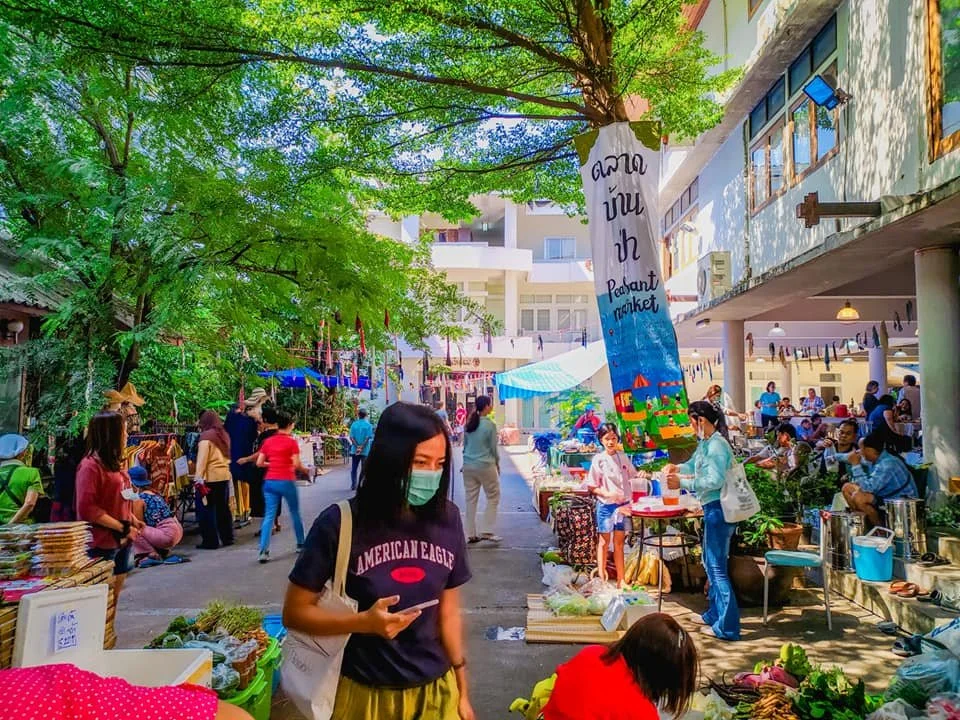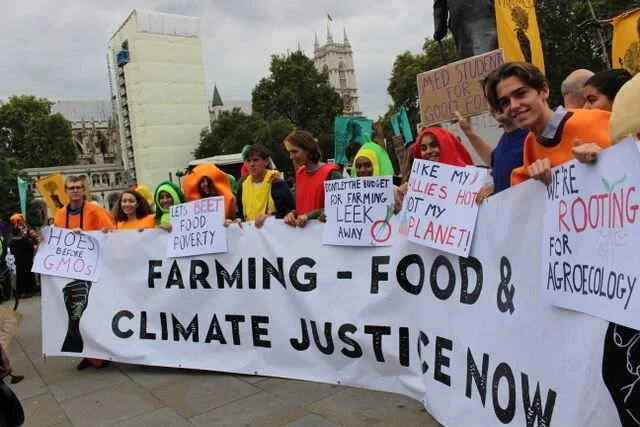Nearly 70% of the world’s food is produced by small farmers, in some regions of Africa and India that number is even higher, and at least half of these farmers are women. Our industrial food system, structured around unsustainable extraction, entrenches patterns of patriarchy that are harmful to women. A food system transformation is urgent as we face a polycrises of hunger, climate crisis, and biodiversity loss—and along with it gender inequity. An agroecological transition can address these issues, while simultaneously producing healthy, abundant, culturally appropriate foods by and for local communities around the world.
Read MoreDeepening agroecological practices and finding new ways of funding could both be vital to the planet’s future.
Read MoreThe co-author of the report, AGRA’s False Promises, on why investment in agroecology, and not a Green Revolution, is key for Africa’s food security.
Read MoreMariama Sonko, president of the Pan-African organization Nous Sommes la Solution, shares how women farmers have turned entrepreneurs to revive a culinary tradition that would otherwise be lost
Read MoreArgentina’s Union of Land Workers on the Hunger For Justice series
Read MoreThe Landworkers Alliance on the Hunger for Justice Series
Read MoreThe Korean Women Peasants’ Association on the Hunger for Justice Series
Read MoreThe Peasant Movement of the Philippines on the Hunger For Justice series
Read More








